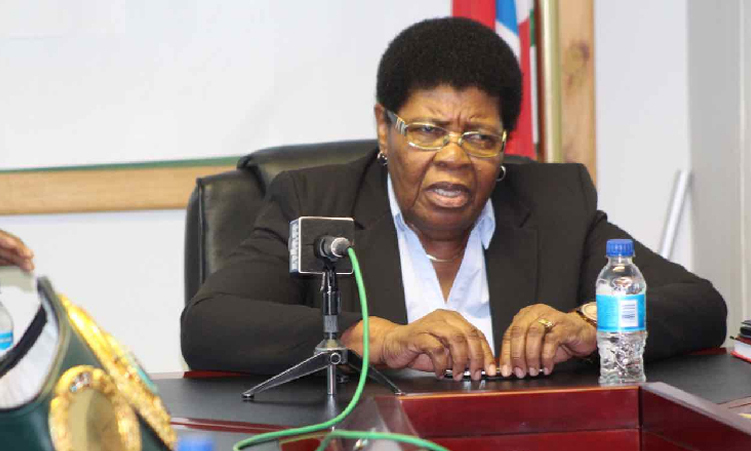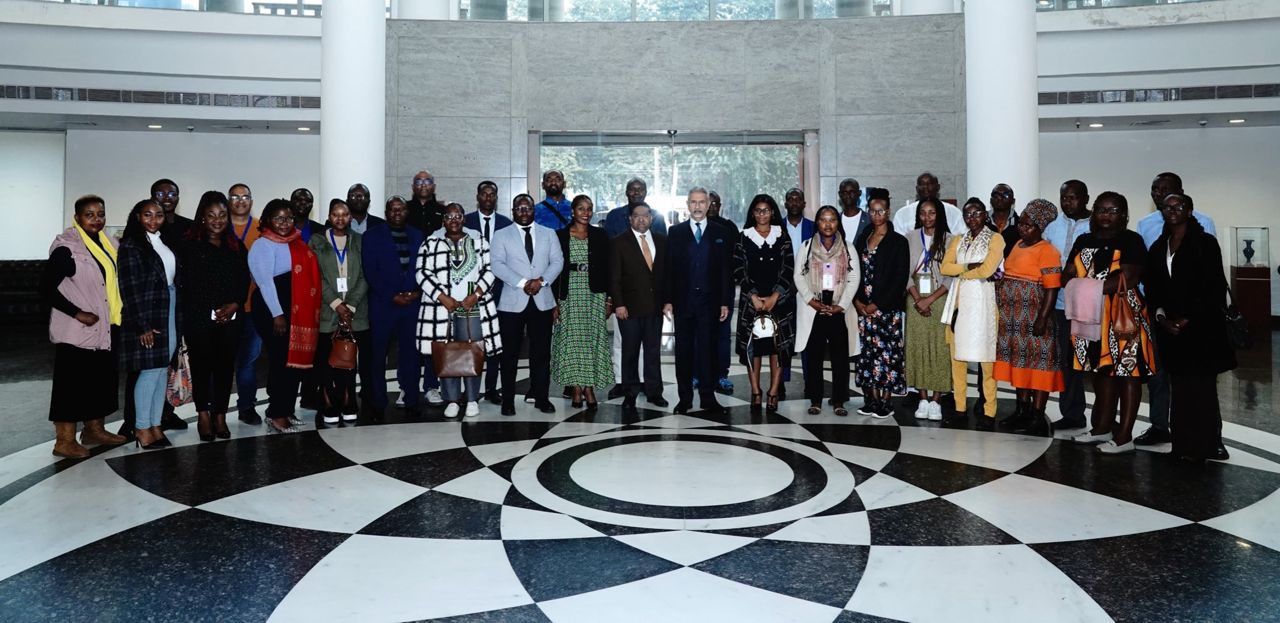Deputy finance and public enterprises minister Maureen Hinda-Mbuende has described a recent incident where sport minister Agnes Tjongarero was scammed of N$700 000 from her bank account as an inside job.
Tjongarero was defrauded out of N$711 200 in personal savings by a scammer pretending to be a First National Bank (FNB) official.
Her personal assistant, Jennifer Gomuses, was allegedly scammed out of N$18 500.
Despite FNB chief marketing officer Tracy Eagles on Tuesday declining to comment on Tjongarero’s case, Hinda-Mbuende says it will be difficult for the bank to gain trust from its customers.
“How do you intend to restore public confidence in the banking system, especially after such high-profile incidents?
We have come a long-way in building customer confidence and a banking culture, we can’t go back to putting money under the mattresses for example,” she says.
“It is not even identity fraud and the call was apparently traced back to a call centre. It may have been an internal bank staff fraud,” Hinda-Mbuende says.
She says it is impossible for Tjongarero to be robbed of such an amount in one day without notification messages reported on her phone.
“Banks, as financial institutions, are responsible for protecting their customers and clients against fraud in general, including cybercrimes. Some of the methods used to scam are highly suspicious and cannot be done without inside information.
“It is simply unacceptable that money can supposedly just disappear within the Namibian banking sector, which is highly regulated and protected,” she says.
Hinda-Mbuende, who has previously worked in financial markets, says the bank has a lot to answer for on the case.
“There are systems in place or available to protect your money, like daily or monthly withdrawal and transaction limits.
It is puzzling to hear a personal account of someone fraudulently robbed of an amount of over N$700 000 in one day without a notification message to her for that matter. Her bank has a lot to answer, but after refunding her,” she says.
PSYCHOLOGICAL IMPACT
According to Hinda-Mbuende, the psychological impact on society is enormous and this may negatively influence confidence in banking systems.
“Money in the banks must be safe and secured and clients must not worry about it.
“I encourage anyone with such cases to report and call for regular intervention.
Our banking system is highly rated and such losses remaining unresolved is unacceptable,” she says.
She says in Tjongarero’s case, even if she gave some information to a caller, the other layers of protection should have kicked in.
“Her reporting to the bank immediately should have led to a reversal of the fraudulent transaction, in addition to her daily transaction limit which can only happen after special authorisation,” she says.
Tjongarero says banks should put more effort into maintaining confidence in banking systems.
“They should also review the cost of banking to make banking affordable to the poor and the most vulnerable, as the current system of service fees translates into a much higher charge as a percentage of your money, as those without money transact more in small amounts and accumulated charges makes it unaffordable.
The fee structure needs urgent review to prevent exploitation of the customers.”
Stay informed with The Namibian – your source for credible journalism. Get in-depth reporting and opinions for
only N$85 a month. Invest in journalism, invest in democracy –
Subscribe Now!







